Nursery rhymes have been used for centuries to help children learn, grow, and develop. They offer an entertaining and educational way for children to learn about language, rhythm, and rhyme.
Benefits of Nursery Rhymes for Children
Nursery rhymes have been proven to have a positive effect on children’s psychological development, and here’s how:
Nursery rhymes are short and easy to remember.
Children can learn them easily and quickly, and they can be used to teach them about language and basic concepts. Nursery rhymes provide children with a fun and interactive way to learn.
Nursery rhymes help children learn language.
They expose children to different kinds of words and sentence structures. This helps them develop their language skills and expand their vocabulary. Nursery rhymes also help children learn the basics of phonics. By hearing the rhymes, they get a better understanding of how words are made up of different sounds.
Nursery rhymes help children learn rhythm and develop their musicality.
By listening to and singing the rhymes, children learn to recognize and make different rhythmic patterns. This helps them understand musical structures and develop their musical skills.
Nursery rhymes are an essential part of a child’s development.
They are an important part of the early years, as they help to shape children’s language and social skills, while also providing an entertaining form of learning. Nursery rhymes also provide an opportunity for parents and caregivers to interact with children and help to build strong relationships.
Nursery rhymes are beneficial to a child’s psychological development in a number of ways. Firstly, they are a great way of teaching children language skills.
They can also help to teach children about sentence structure and rhythm. For example, nursery rhymes often involve repeating words or phrases, which helps to reinforce ideas and encourage language development.
Nursery rhymes can also help to introduce children to basic concepts.
Through the use of rhyme and repetition, children can learn to identify and understand these concepts. For example, a nursery rhyme such as “One, Two, Buckle My Shoe” can help to teach children about counting and numbers. Similarly, “Round and Round the Garden” can help children to learn about shapes.
Nursery rhymes are also beneficial in helping to develop a child’s language skills. Through reciting nursery rhymes, children become familiar with the rhythm and melody of language. This in turn can help them to develop their own speaking skills.
Nursery rhymes can also help to introduce children to the idea of storytelling.
Through the use of basic rhymes and characters, children can learn the basics of storytelling. This in turn can help them to understand and appreciate stories more when they are older. Additionally, nursery rhymes can help to promote a child’s creativity. The use of rhyme and rhythm can help to encourage a child to think outside the box and come up with their own stories and ideas.
Nursery rhymes can also help to promote a child’s emotional development.
Through the use of songs and stories, children can learn to identify and express their feelings. Nursery rhymes can also provide children with a sense of comfort and security. Through familiar songs and stories, children can feel secure in their environment. This in turn helps to promote their emotional development.
In conclusion, nursery rhymes are an invaluable resource for helping children develop psychologically. Research has shown that they provide a wide range of benefits, from cognitive development to increased language and communication skills.
Furthermore, they are a fun and interactive way to help children learn and grow. As parents and caregivers, it is important to take advantage of the potential benefits of nursery rhymes and use them as an effective tool for helping children develop.




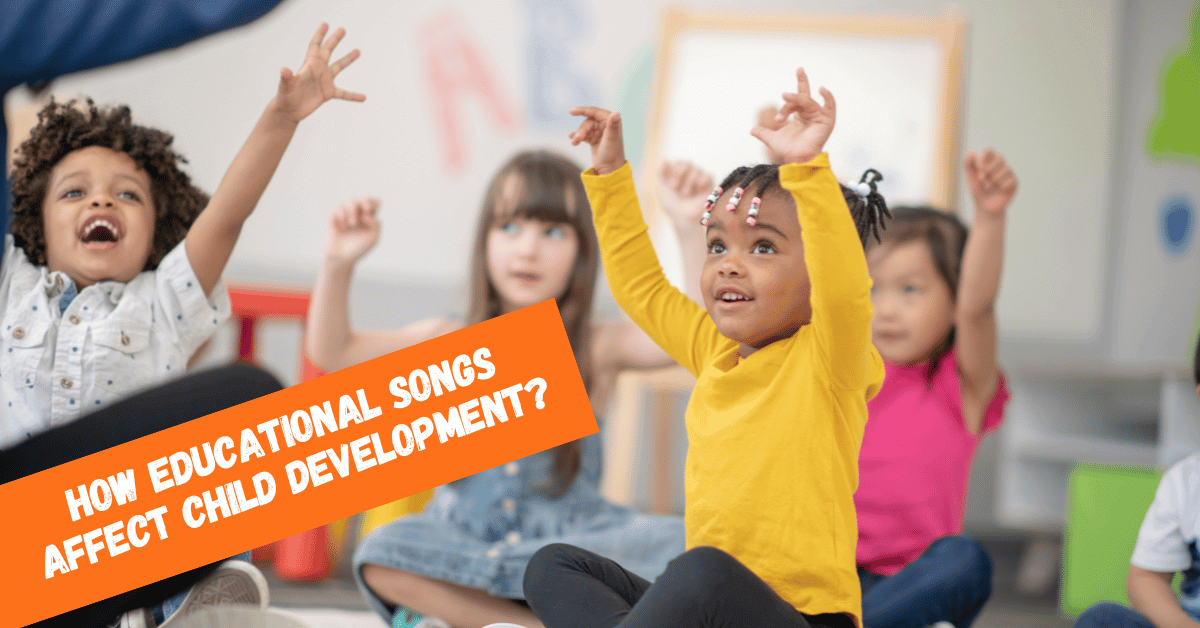

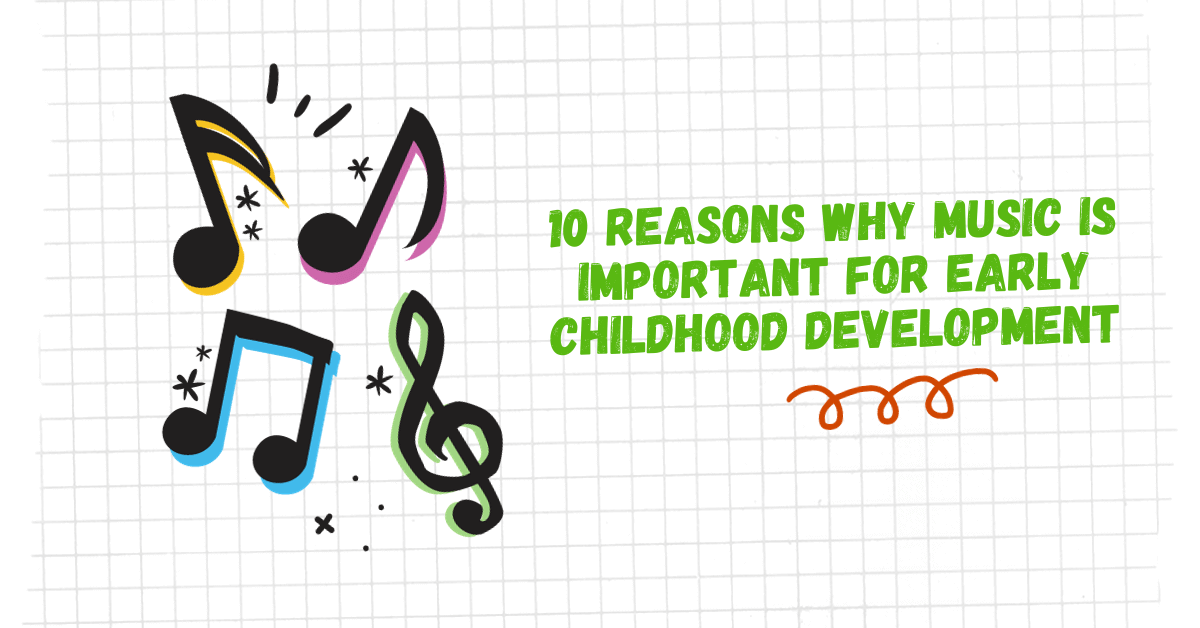
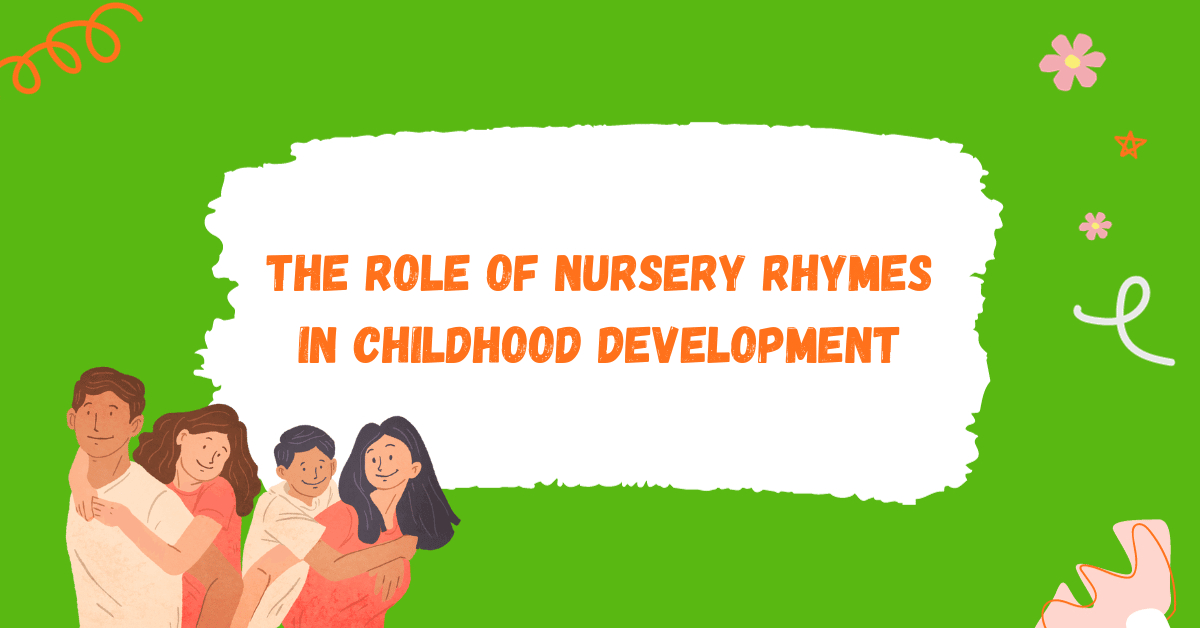
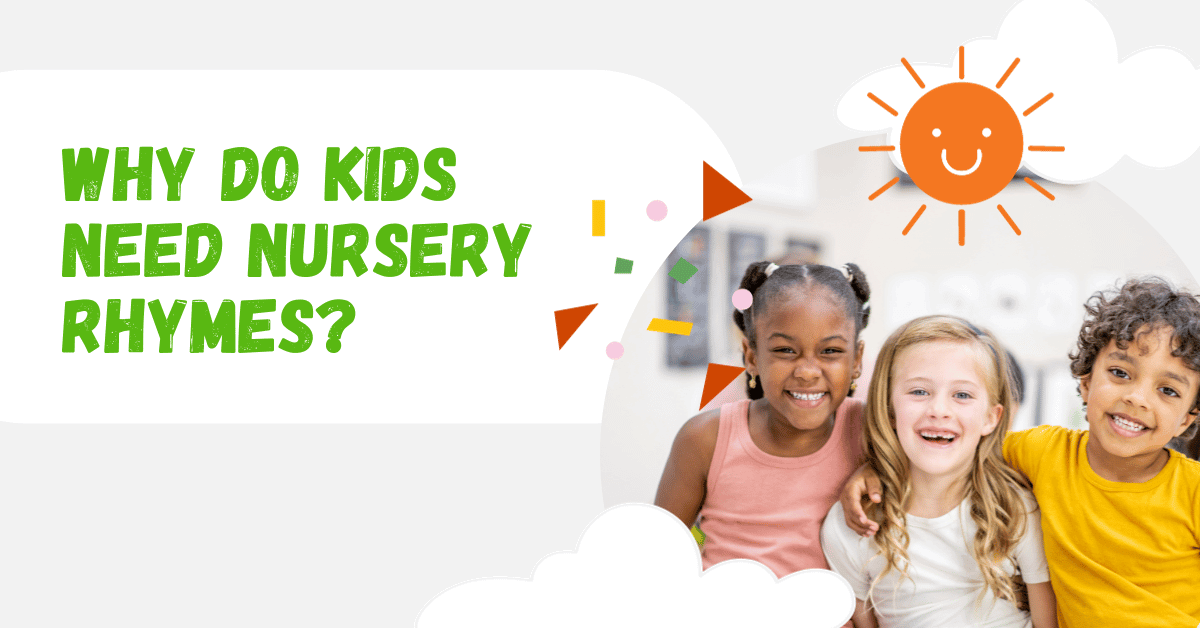
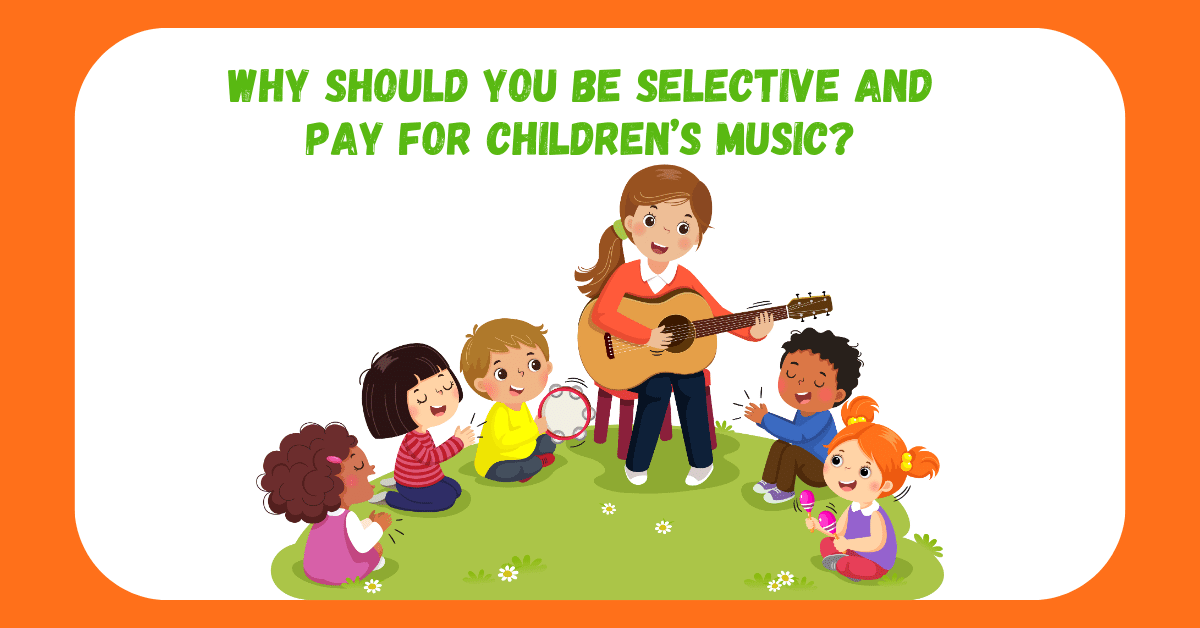
0 Comments